Poland’s GDP is overtaking Switzerland’s to become the 20th largest in the world.


Poland’s GDP is overtaking Switzerland’s to become the 20th largest in the world.
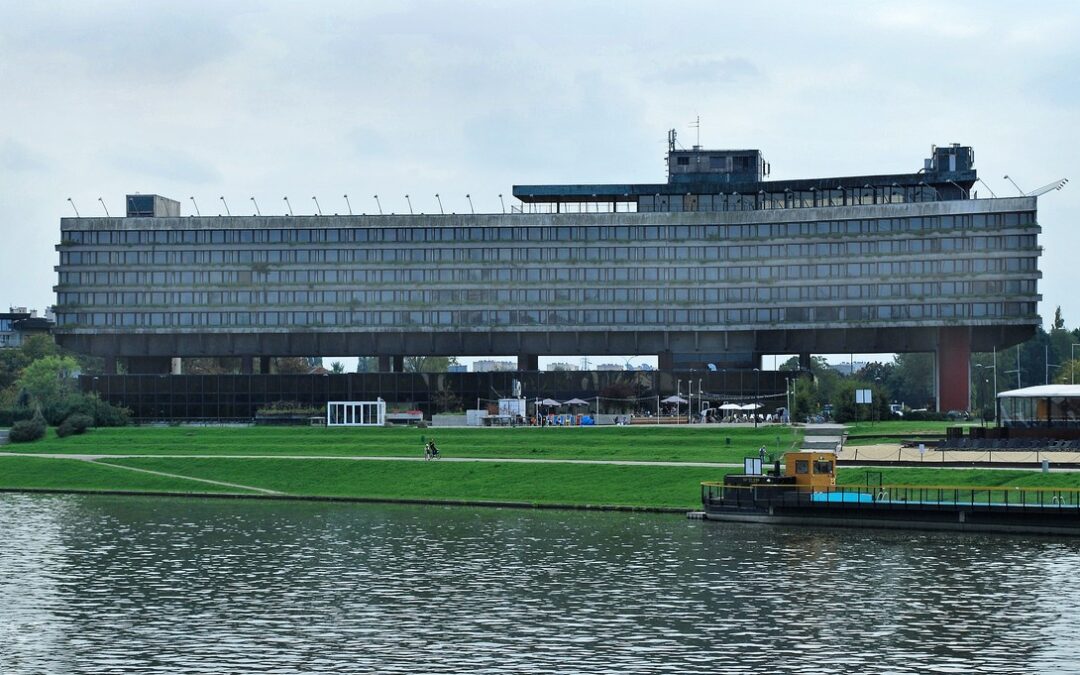
The decision has been criticised by the owners of the building, who say it will hinder plans to redevelop the area.
We are an independent, nonprofit media outlet, funded through the support of our readers.
If you appreciate the work we do, please consider helping us to continue and expand it.
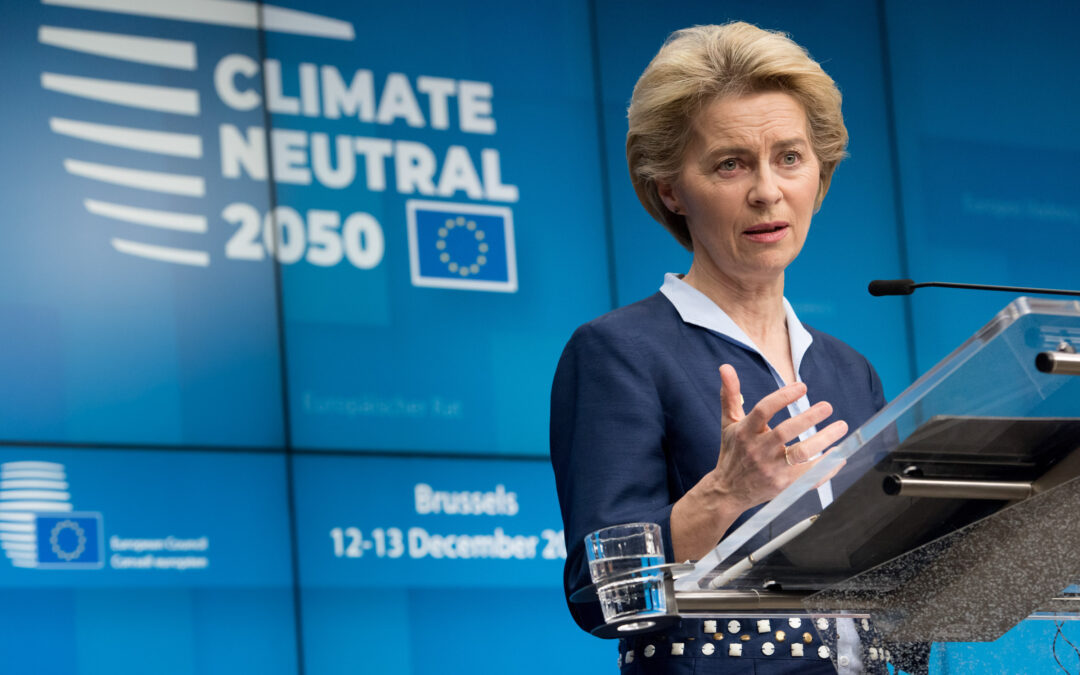
“The Polish government will not allow Brussels’ diktat,” says the climate minister.
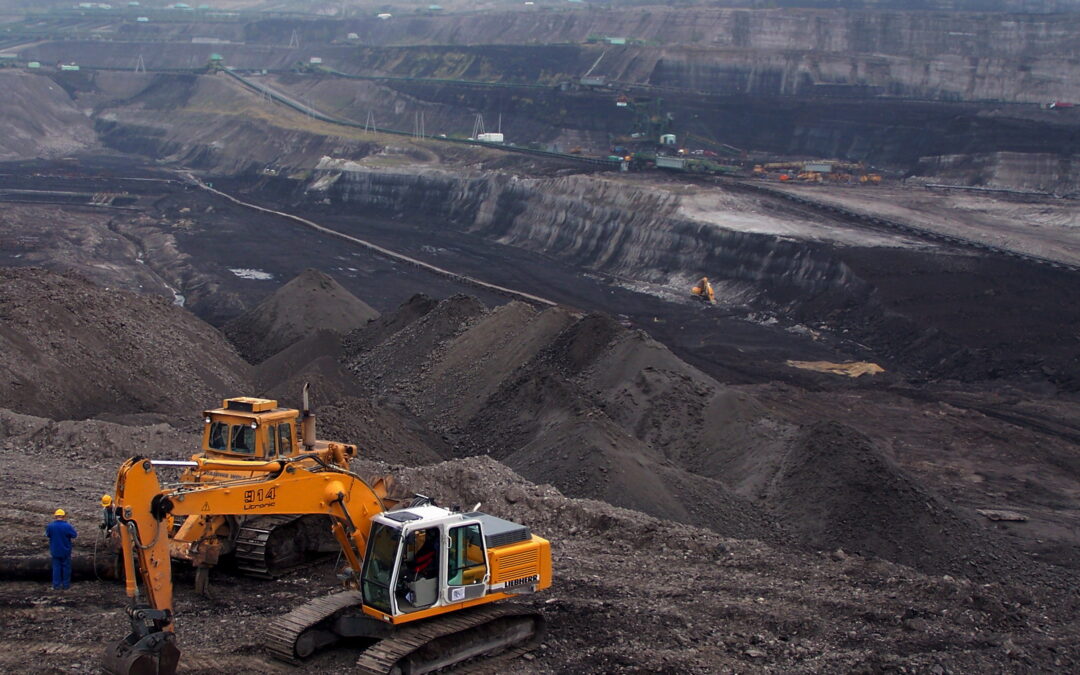
The ruling was welcomed by the government, which says the mine is vital for Poland’s energy security.
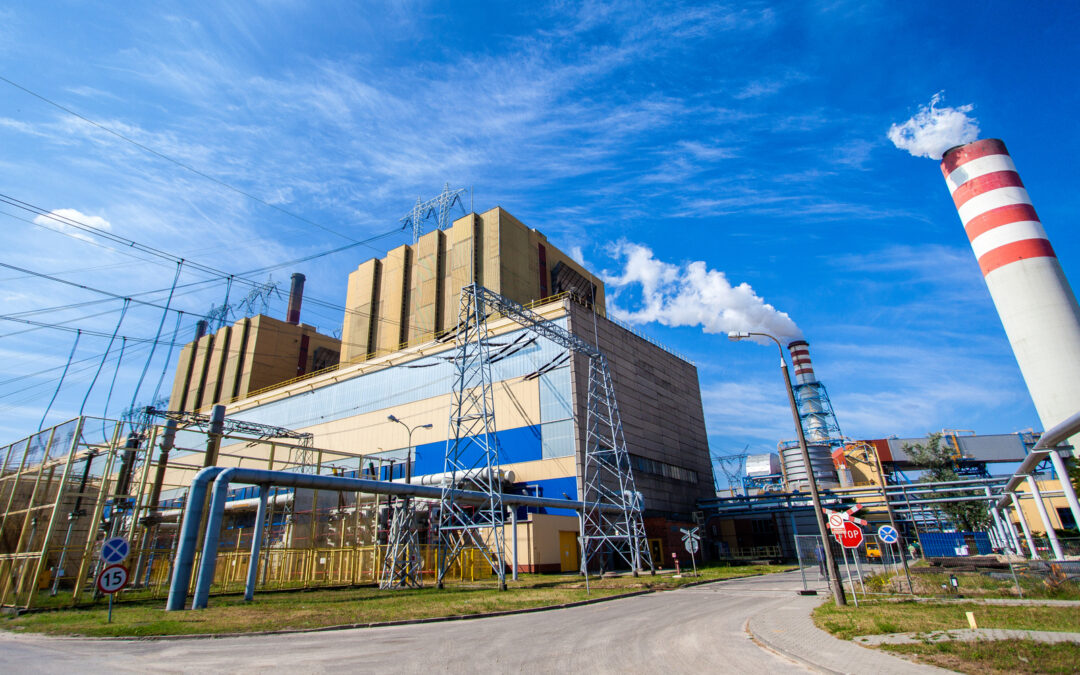
The move is part of a plan to wind down the use of coal and allow energy firms to focus on developing lower-emission sources.

They note that, while regulations specify minimum working temperature in cold weather, there is no equivalent maximum temperature during hot weather.
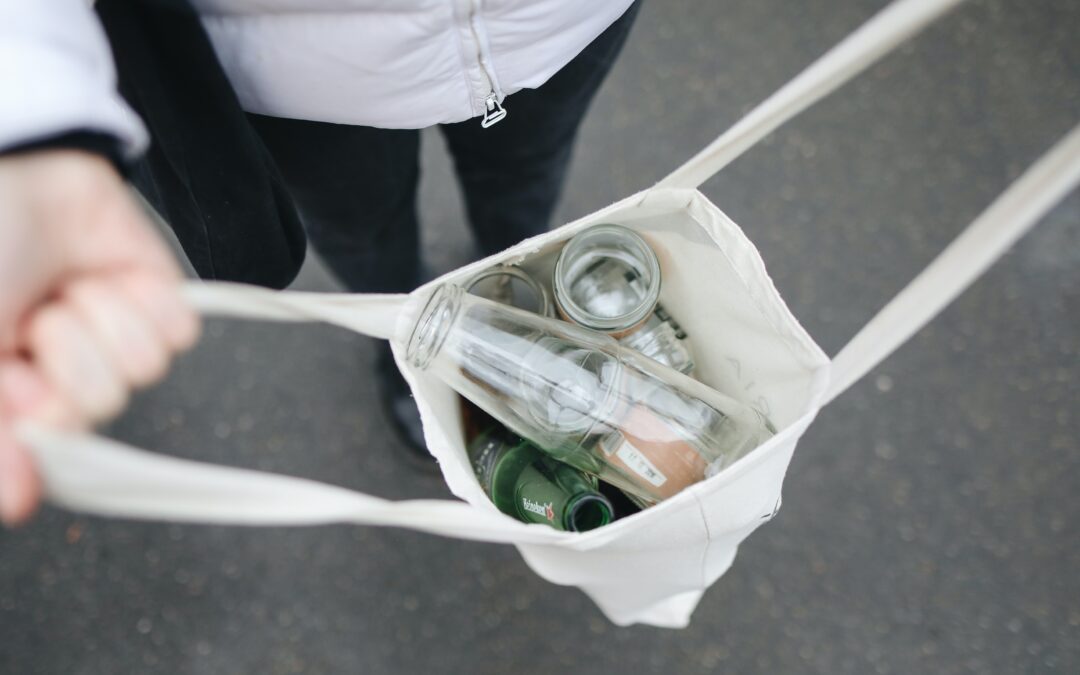
The system, under which a deposit of 50 groszy will be added to the price of a bottle or can, is due to launch in 2025.
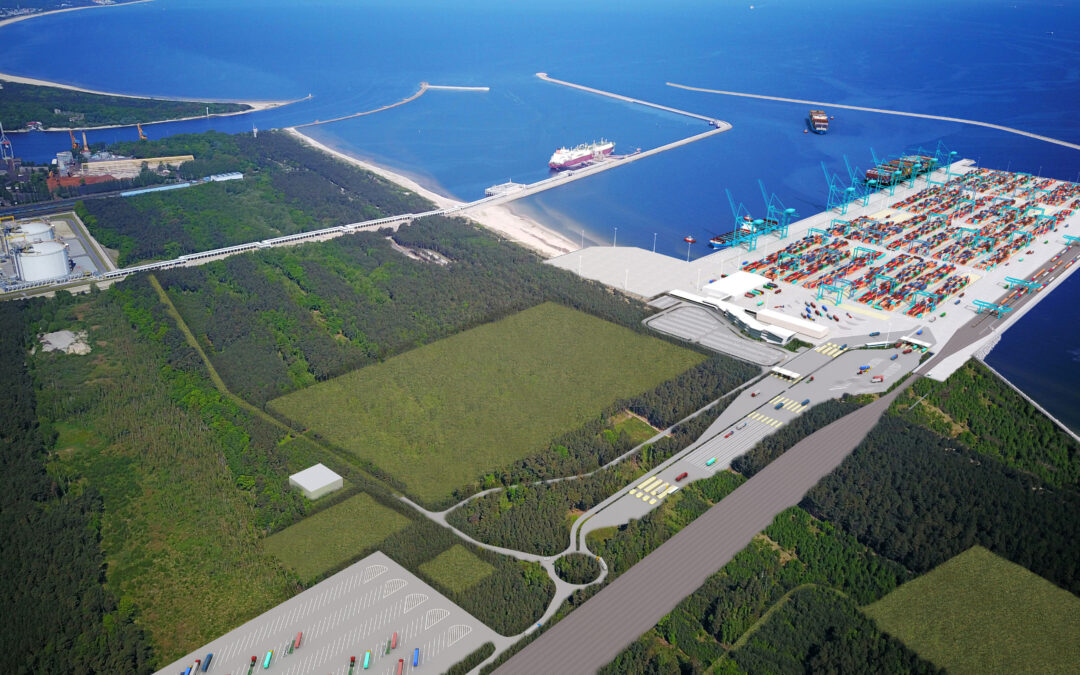
The Polish government hopes for the terminal to become “a serious competitor to Hamburg,” the busiest port in the region.

There are currently over 1 million foreign workers registered in Poland following years of large-scale immigration.

Viatcheslav Kantor, a Russian oligarch seen as close to Vladimir Putin, controls a 20% stake in Azoty.

In terms of actual individual consumption (AIC) taking account of price differences, Poland has overtaken Spain and almost caught up with Ireland.

The designs were prepared by the firm of world-renowned British architect Sir Norman Foster.

The measure was intended to stop online “prescription factories”, but some elderly patients have been left without medicines
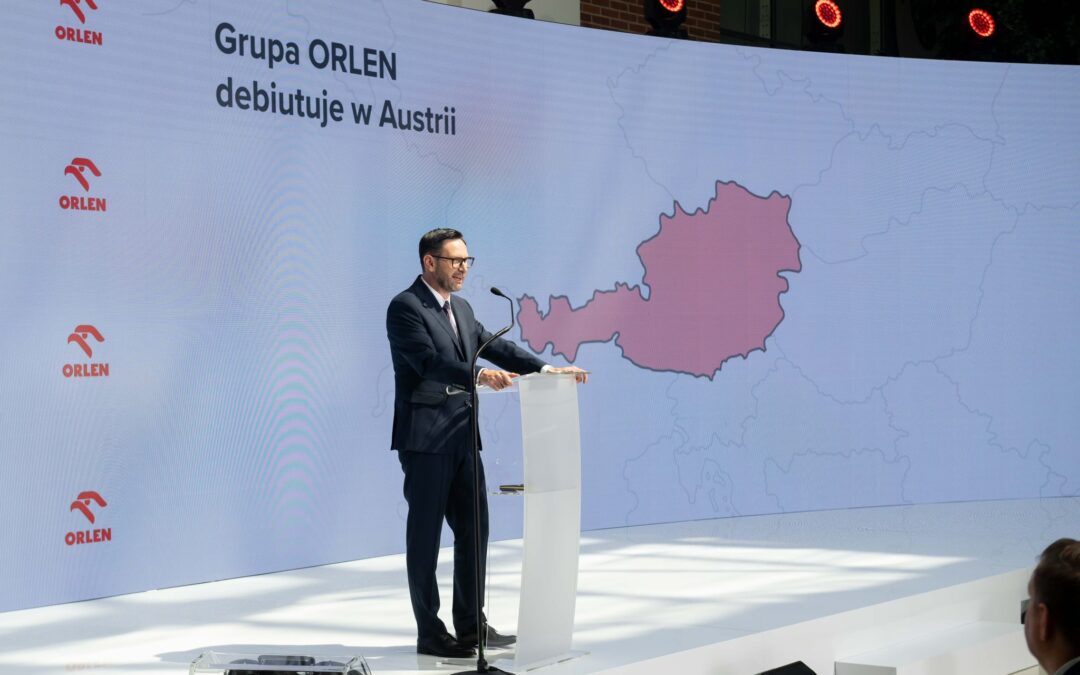
“This is a great day for the Polish economy,” said Orlen’s CEO, Daniek Obajtek.